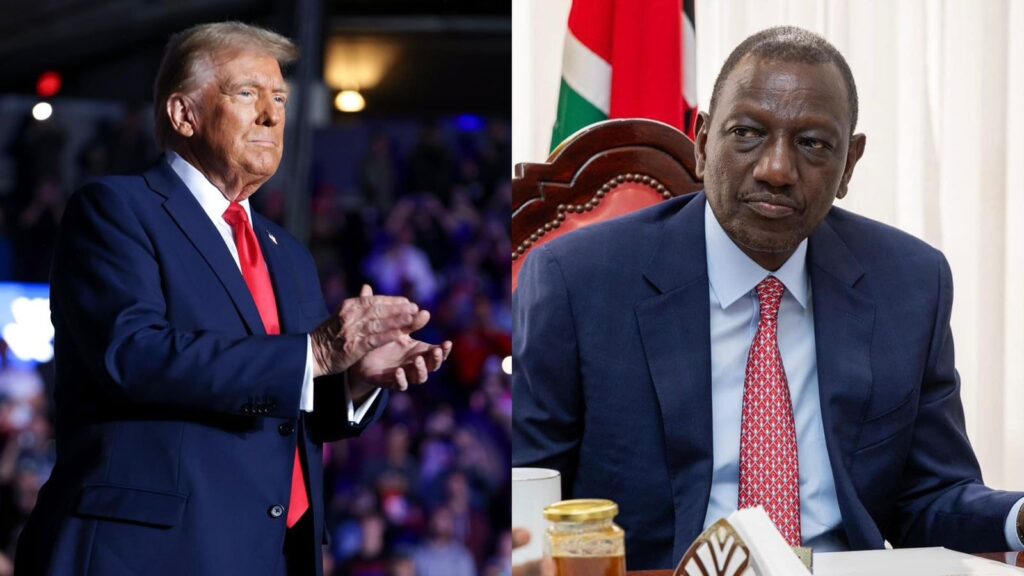Share
The African Growth and Opportunity Act (AGOA) is a U.S. law that provides eligible sub-Saharan African countries with duty-free access to the U.S. market for over 1,800 products.
It aims at promoting economic growth, political reform, and economic stability in Africa; fostering greater U.S. trade and investment; and helping African economies diversify and integrate into the global economy without paying tariffs.
The programme also champions equitable and sustainable growth, increases Africa’s integration into the global economy, and strengthens U.S. economic engagement with the continent.
When did AGOA start?
AGOA was introduced in the United States by its Congress and signed into law by President Bill Clinton on May 18, 2000.
It was created to provide sub-Saharan African countries with free U.S. tariffs in their market to foster economic growth and trade relations.
Expiry Date
AGOA will expire in late 2025, and therefore, manufacturing sectors like apparel and agro-food will be affected due to renewable critical issues that will make products less productive due to increases in U.S. tariffs.
However, President William Ruto said he has renewed Kenya’s eligibility to remain part of the program as part of securing thousands of jobs.
“I spoke to the American government and now they have agreed to give us extended access to the AGOA and for the next one year we will continue to export into the American market,” Ruto said.
Countries eligible for AGOA
A total of, 38 countries are eligible for AGOA benefits in 2020.
In 2015, Congress passed legislation modernising and extending it to 2025 due to their ability in market-based economies, human rights and political affiliation.
For any African country to participate in the AGOA programme, it must meet specific criteria related to governance, human rights, and market-based economic policies.
The programme allows African countries to export certain goods like textiles and apparel by duty-free mechanism to the U.S.
Key Sectors
AGOA champions for these key sectors to strengthen economic growth, like textiles and apparel, agricultural goods (fruits, nuts, coffee), manufactured products (footwear, luggage), and certain automotive components.
AGOA recommends economic development, and participating countries must demonstrate progress toward a market economy, establish the rule of law, political pluralism, and human rights protections, and combat corruption and barriers to U.S. trade and investment.
Positive Impacts
AGOA has created more jobs in the market sector, streamlined market access due to duty-free market access and has diversified exports between African countries and the U.S. to promote trade relations.
Examples of countries that have successfully used AGOA to promote exports and create jobs are Kenya, which deals with apparel, and South Africa, which deals with cars, wine, and citrus.
Other countries, such as Lesotho, Nigeria, Mauritius, and Madagascar, have also succeeded in the programme.
Country Suspended US
Countries like Ethiopia were dealing with textiles before they were suspended from the programme for failing to meet specific eligibility requirements.
Other countries suspended were Mali, Guinea, the Central African Republic (CAR), Niger, and Uganda, due to alleged lack of progress.
AGOA Achievement
Trade volumes have grown under AGOA, as in 2023, U.S. imports under AGOA totalled nearly $10 billion, which is approximately 1.3 trillion Kenyan shillings, which has impacted the growth of industries like apparel, food, and non-oil minerals, though oil still dominates overall trade volumes.

A collage of U.S. President Donald Trump and Kenya’s President William Ruto for illustration purposes. PHOTO/FILE
You Might also Like


